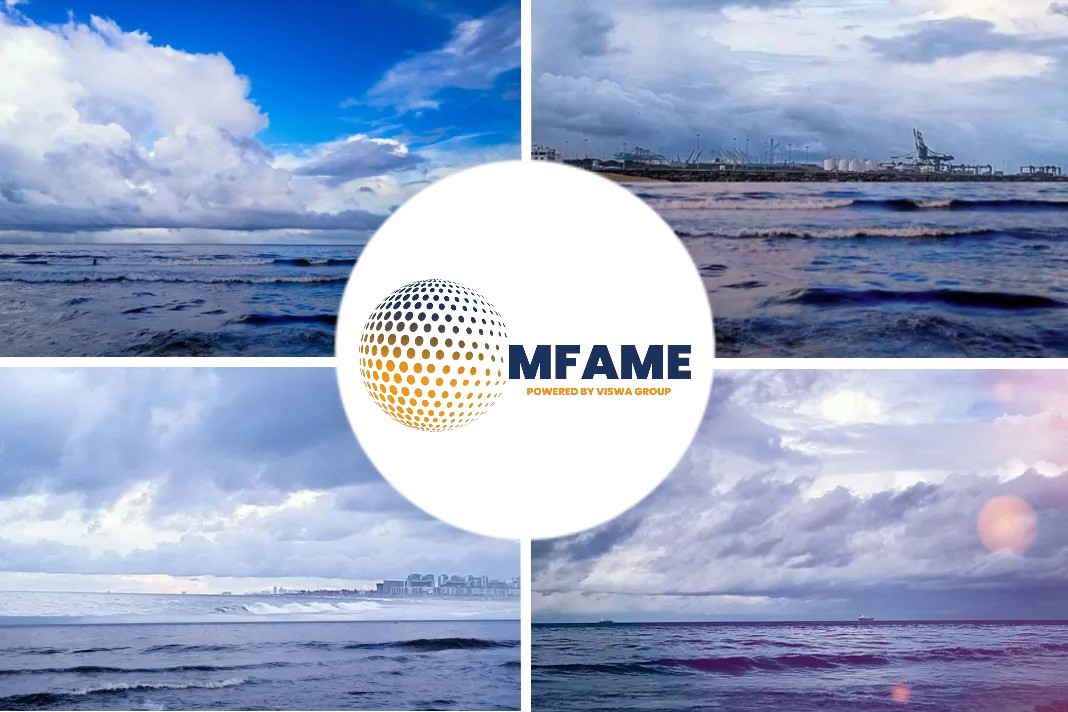- Mr. Manoli, who’s accused of possessing the ownership of MV Rhosus speaks to the public for the first time since the Beirut explosion.
- He said that the ownership was transferred to Igor Grechushkin in the year 2012.
- A year before that, the boat made an unscheduled stop at Beirut, where it and its cargo of 2,750 tonnes of ammonium nitrate were impounded.
- However, with regard to the blast, there is a mystery surrounding the ship and its cargo.
- The OCCRP reported that Mr. Manoli had been in debt to a Lebanese-owned Federal Bank at the time of the boat’s last voyage, but he claims that the bank didn’t do him any favors.
- Confusion in theories arises over whether the vessel was seaworthy or not.
The Cypriot entrepreneur accused of being the owner of a ship at the heart of last month’s devastating explosion in Beirut, has spoken out publicly for the first time to deny his involvement, says an article published by N World.
Charalambos Manoli expressed sorrow for the losses caused by the explosion but said that claims he was the owner of the MV Rhosus were inaccurate.
Who’s the true owner?
An investigation last month by several media outlets – including the Organised Crime and Corruption Reporting Project and German newspaper Der Spiegel – claimed Mr. Manoli was the true owner of the ship, not Russian Igor Grechushkin, as was previously reported.
However, according to what appears to be a ship continuous synopsis record, or CSR, provided by Mr. Manoli, the MV Rhosus was chartered to Mr. Grechushkin’s Teto Shipping in 2012, a year before the boat made an unscheduled stop at Beirut, where it and its cargo of 2,750 tonnes of ammonium nitrate were impounded.
Mr. Manoli said the accusations have caused him stress and a lot of unwanted attention.
Mr. Manoli’s Testimony
“It’s very frustrating for me and my family. Eight years after I sold the vessel someone is accusing me of bringing the cargo to Beirut and other things. People died and were injured – it’s not very good for me, my family, or my business,” he said by phone from the Cypriot city of Limassol.
“I hope that they are going to find the people who actually left this cargo [at Beirut port] for such a long time without any care, bringing us to this horrible result,” said Mr. Manoli.
In late 2013, the Rhosus made an unscheduled stop at Beirut port while carrying the ammonium nitrate to a chemical explosives factory in Mozambique.
The ship’s captain has since told the media he was told to stop to pick up additional cargo. Two Lebanese companies claimed they had not been paid for services to the vessel while there, prompting local courts to bar it from leaving.
The mystery surrounding the ship and its cargo
The boat and the ammonium nitrate it had been carrying remained there until, on August 4 this year, the hanger the cargo was stored ignited, causing one of the biggest non-atomic blasts on record.
Mr. Grechushkin is said to have abandoned the vessel in Lebanon after declaring bankruptcy.
Although Mr. Grechushkin was questioned by the Cypriot police on behalf of the Lebanese authorities following the blast, Mr. Manoli said he had not been approached for questioning.
A possible link between the two owners?
Although they know one another, the two men have spoken only twice in the past two and a half years, Mr. Manoli claimed.
“I recently spoke to him one time on the mobile phone and he said he was going to give the police a statement. I have no special relationship with the guy,” he said.
Mr. Grechushkin has not responded to attempts to contact him.
The OCCRP reported that as well as being the true owner of the boat, Mr. Manoli had been in debt to the Lebanese-owned Federal Bank of the Middle East at the time of the boat’s last voyage.
Role of Banks
Mr. Manoli said he had nothing to do with the journey the boat was taking when it was seized in Beirut, nor the cargo, although he knew the boat was stuck at the port as Cyprus’ shipping community is small, “so we know what is happening”.
“The bank didn’t make me do any favors. They took the vessel for three months and after that, we signed an agreement, and they released the vessel,” he said.
Seaworthiness
Cypriot court documents provided by Mr. Manoli show that in a case brought against him by FBME in 2013, it was deemed that the full amount had been paid to the plaintiff, although there were still some expenses to settle.
“At this time it was declared by the judge that ‘by mathematical calculation, we can verify that the vessel is already overpaid.”
“During the trial, the FBME demands were rejected.”
On claims that the vessel had not been seaworthy and had been certified as able to sail by another company owned by Mr. Manoli, he said that these were also unfair.
“After the completion of repairs in Seville, the Spanish authorities gave permission for the vessel to go to sea,” he said.
“If it was not seaworthy, they would never allow this.”
Did you subscribe to our daily newsletter?
It’s Free! Click here to Subscribe!
Source: N World
















